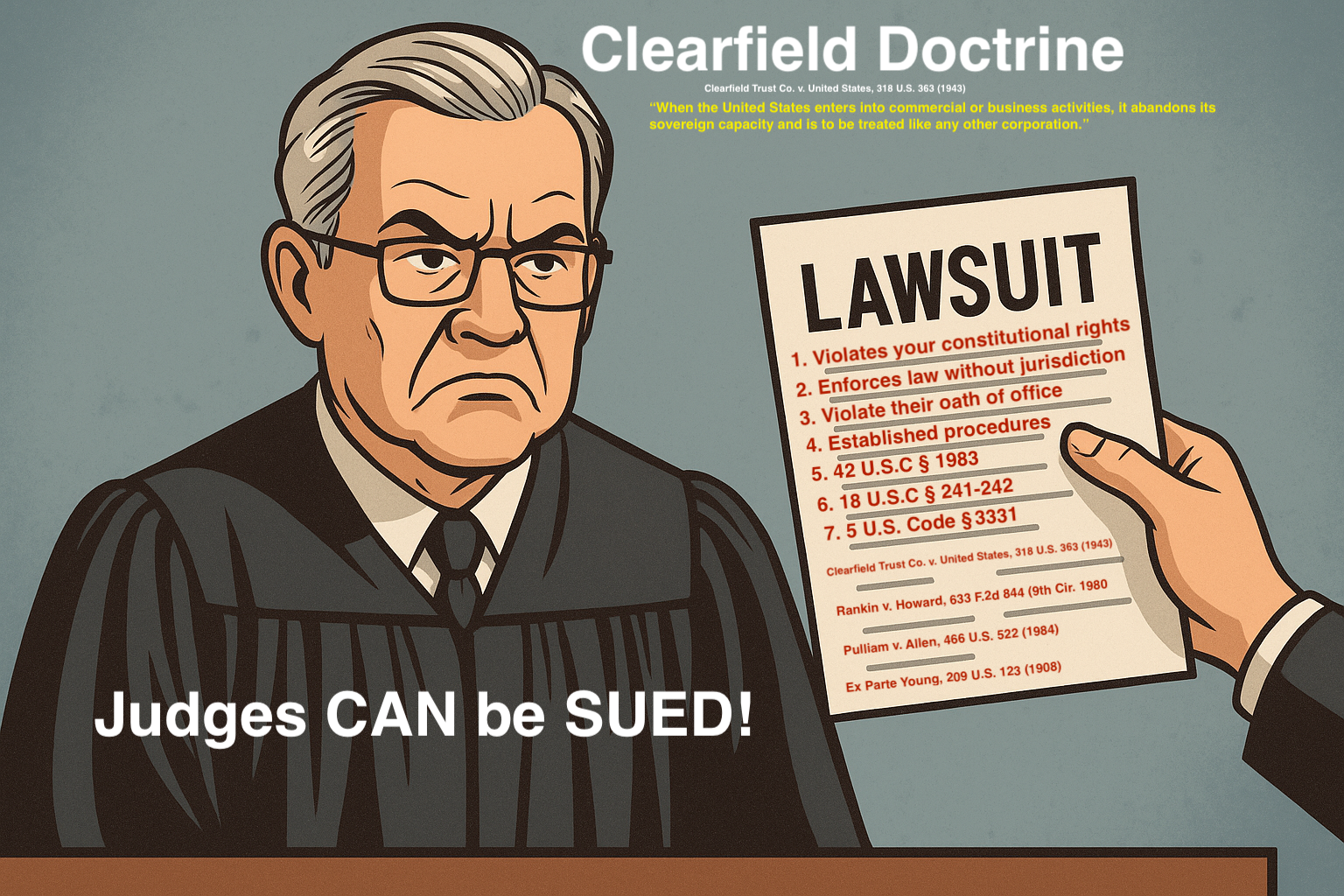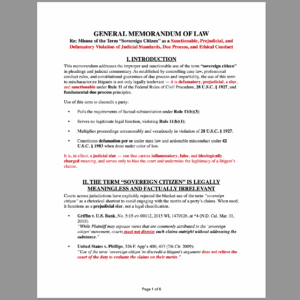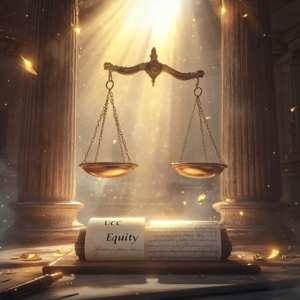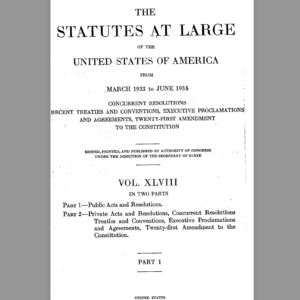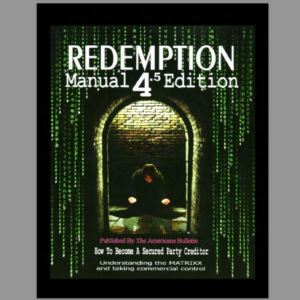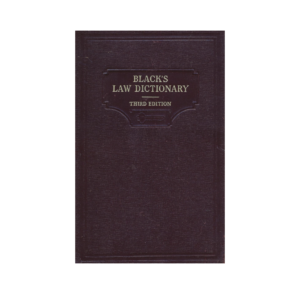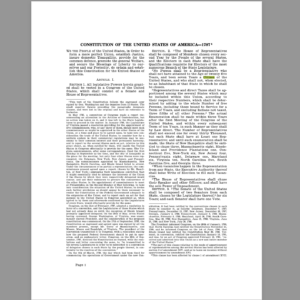Contrary to popular belief—and the misinformation often repeated in courtrooms—judges are not untouchable. While they may attempt to shield themselves with claims of “judicial immunity,” the truth is that under specific conditions, judges can and should be held personally and privately liable for their actions when they step outside the bounds of lawful authority.
Judges Are Public Servants, Not Sovereigns
First and foremost, a judge is a public servant. They are not monarchs, private CEOs, or above the law. They are employees of the State, paid with public tax dollars, entrusted with the neutral administration of justice—not to act as enforcers of private corporate policy or to suppress rights under the color of law.
They are bound by oath, often explicitly sworn to:
“Support and defend the Constitution of the United States, and the Constitution of [State], against all enemies foreign and domestic…”
This oath is not symbolic. It is a lawful binding obligation, enforceable under both contract law and Title 5 U.S. Code § 3331, as well as state constitutional requirements.
Clearfield Doctrine: Judges Are Not Sovereign When Acting Commercially
In the landmark U.S. Supreme Court case Clearfield Trust Co. v. United States, 318 U.S. 363 (1943), the Court held:
“When the United States enters into commercial or business activities, it abandons its sovereign capacity and is to be treated like any other corporation.”
What does that mean for judges?
When they act outside their judicial capacity—such as enforcing commercial statutes, promoting the interests of private parties (e.g., banks or agencies), denying due process, or engaging in ex parte behavior—they are no longer operating as sovereign officers of justice. They are acting as private agents of a corporate franchise, and lose immunity in the process.
When Judicial Immunity Does Not Apply
Judicial immunity is not absolute. Courts have repeatedly held that judges can be sued when:
-
They act without jurisdiction,
-
They act in absence of all legal authority,
-
They violate clearly established constitutional rights,
-
They operate in bad faith or fraud,
-
They act in administrative or ministerial capacities rather than judicial.
Key case law:
-
Rankin v. Howard, 633 F.2d 844 (9th Cir. 1980): Judges can lose immunity when they conspire with others or act outside judicial functions.
-
Pulliam v. Allen, 466 U.S. 522 (1984): Injunctive relief and attorney’s fees are available against judges.
-
Ex Parte Young, 209 U.S. 123 (1908): State officials (including judges) may be sued in their personal capacity for constitutional violations.
Judges Can Be Held Personally and Privately Liable
Despite the illusion of untouchability, judges are not immune when they violate the law, their oath, or your rights. Judicial immunity is strictly limited to actions performed within the scope of their jurisdiction and in good faith under the law. Once they step outside those bounds—especially when they act with malice, fraud, or without jurisdiction—they can be personally and privately liable both civilly and criminally.
They Can Be Sued When They Violate:
-
Your Constitutional Rights
If a judge violates your rights under the U.S. Constitution (such as due process, equal protection, First Amendment expression, or Fourth Amendment protections) without lawful justification, they are personally liable. The Constitution is the supreme law of the land, and no one—including a judge—is above it. -
Their Oath of Office
Every judge swears an oath to uphold and defend the Constitution. When they violate that oath—by enforcing unlawful policies, permitting fraud, or ignoring constitutional arguments—they commit oath perjury, which voids the lawful basis of their office and exposes them to contractual and tort liability. -
Established Procedure and Rules of Court
A judge who:-
Denies a fair hearing,
-
Allows ex parte communication,
-
Fails to rule on properly filed motions,
-
Acts without proper service or process,
is operating in bad faith and outside of judicial capacity. That renders them liable.
-
-
Law Without Jurisdiction
Jurisdiction is everything. A judge who proceeds without subject matter jurisdiction, personal jurisdiction, or territorial jurisdiction is acting ultra vires (beyond authority). Once that’s proven or declared, immunity dissolves, and every action becomes null and void ab initio—with personal accountability attaching.
How They Can Be Held Accountable:
1. 42 U.S.C. § 1983 – Civil Rights Lawsuit
You can file a federal lawsuit against a judge in their individual capacity for:
-
Deprivation of constitutional rights,
-
Acting under color of law without authority,
-
Or violating fundamental rights through unlawful rulings or conduct.
Case law: Hafer v. Melo, 502 U.S. 21 (1991) confirms public officials can be sued individually.
2. Commercial and Contractual Liability (UCC & Torts)
Judges, like all public servants, are bound by their oath—a contract under Title 5 U.S.C. § 3331 and UCC principles (particularly UCC 1-201, UCC 1-103, and UCC 1-308). When they breach that contract, or act without a valid agreement or injured party, they can be held liable for:
Affidavits, perfected defaults, and Certificates of Dishonor can form the commercial record necessary to enforce claims outside of the statutory court system.
3. Criminal Charges Under Federal Law
-
18 U.S.C. § 241 – Conspiracy Against Rights
If a judge conspires with attorneys, officers, or other agents to deprive someone of a right—even if no physical harm occurs—they are criminally liable.This includes rigged hearings, denial of standing, foreclosure fraud, or collusion with banks or state actors.
-
18 U.S.C. § 242 – Deprivation of Rights Under Color of Law
If a judge uses their position to deprive someone of a right under the guise of legal authority (e.g., enforcing void statutes, silencing constitutional claims), this is a federal crime.Punishable by fines, imprisonment, or both. If death results, life imprisonment or the death penalty may apply.
4. RICO – Racketeer Influenced and Corrupt Organizations Act (18 U.S.C. §§ 1961–1962)
If a judge acts in concert with others—including attorneys, banks, clerks, or commissioners—to:
-
Commit fraud,
-
Obstruct justice,
-
Deny lawful process, or
-
Extract fees or judgments through an enterprise pattern of misconduct,
They may be liable under RICO, which treats them as part of a criminal organization.
Civil RICO allows you to sue for treble (triple) damages, legal fees, and injunctive relief.
The Courtroom Is Not a Kingdom
People must stop believing that judges are immune from accountability. When you enter a courtroom, you are not entering a foreign land. The judge is not a sovereign. They are a fiduciary of public trust, and when they violate that trust—they must be held accountable, both lawfully and commercially.
Conclusion
Judges are not above the Constitution—they are bound to it. Their oath is a lawful contract. Their office is a public trust. And their immunity ends where your rights begin.
If they step outside lawful bounds, they lose immunity, become liable, and can be sued—as any other corporate agent or trustee would be under the Clearfield Doctrine.
